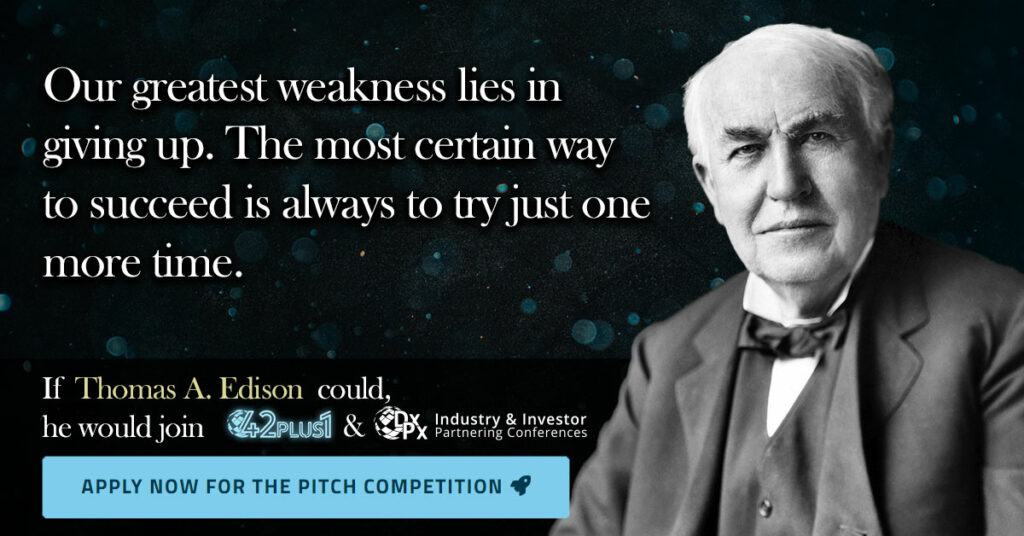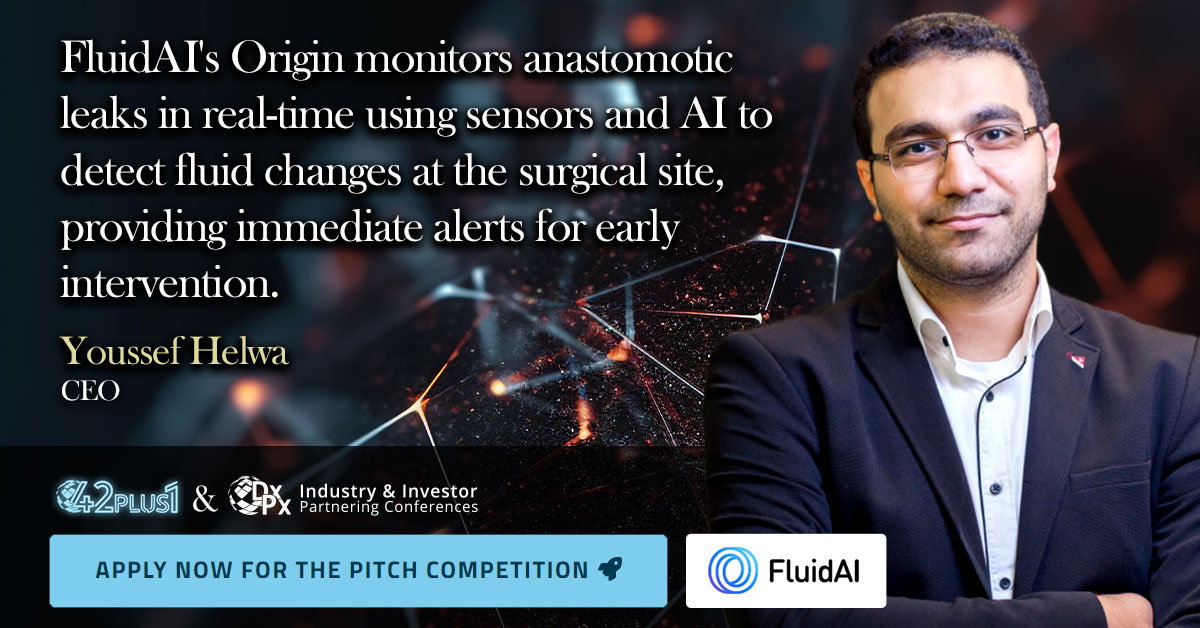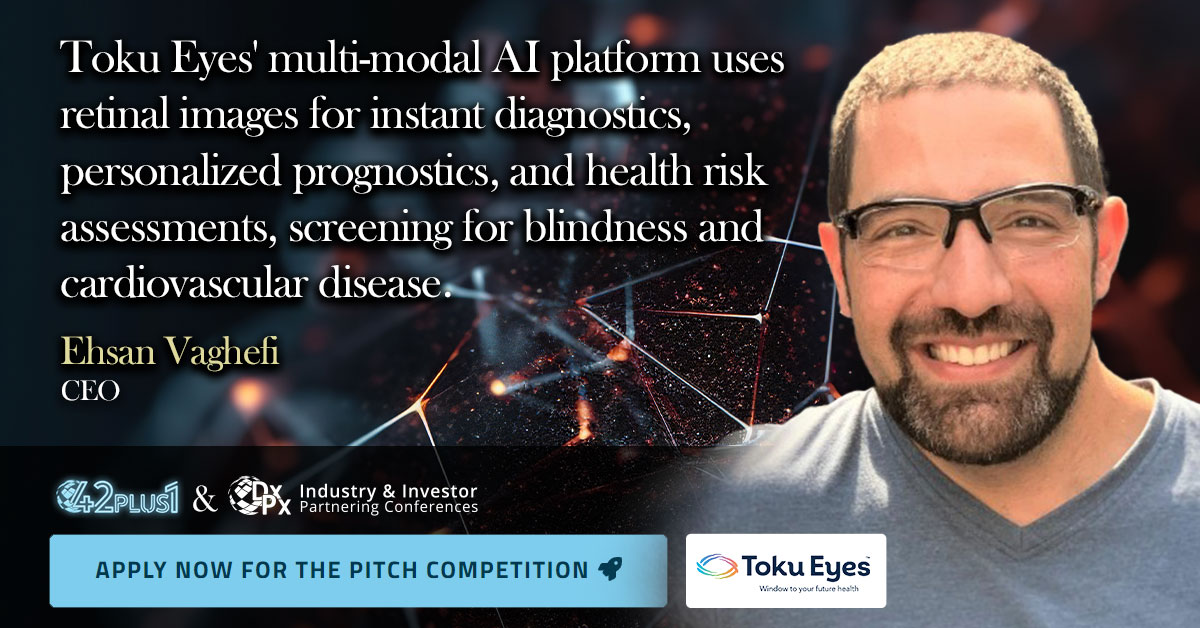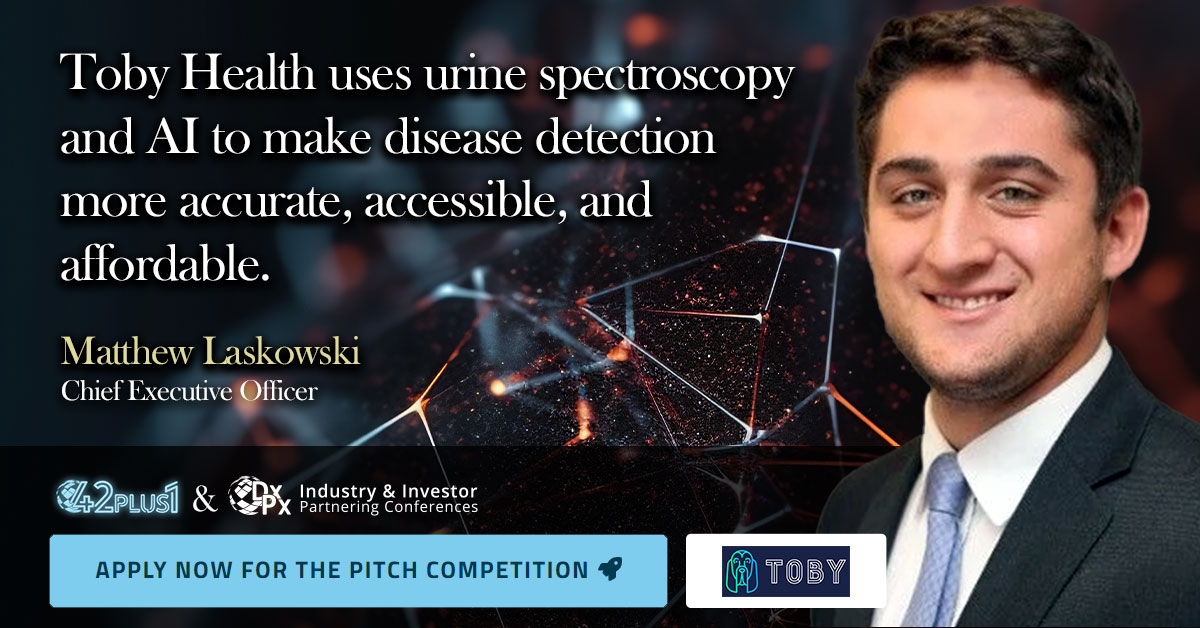Visionaries
Celebrating Innovators and Trailblazers
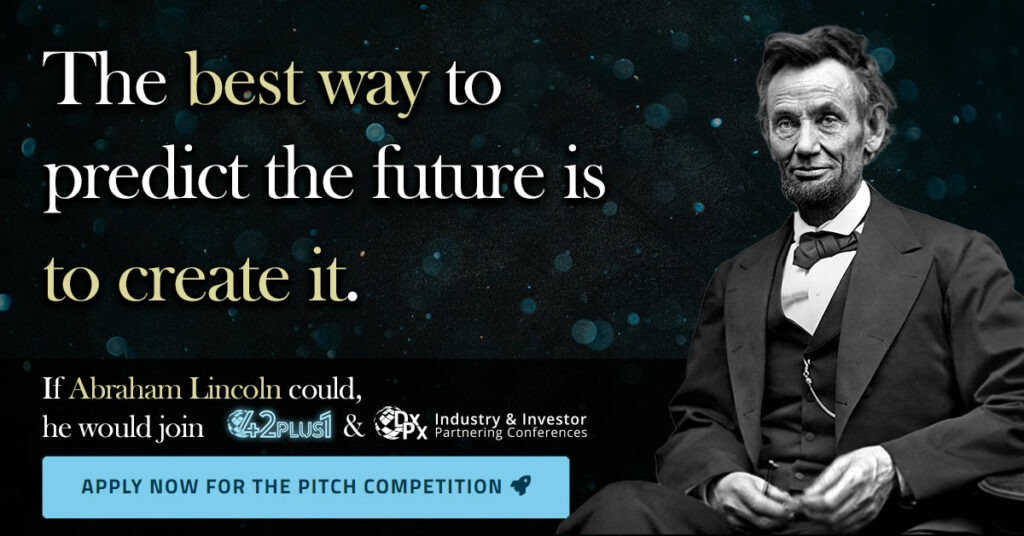
Abraham Lincoln
February 12, 1809, to April 15, 1865.
Albert Einstein
March 14, 1879 – April 18, 1955.
Albert Einstein was known for his groundbreaking contributions to theoretical physics, particularly his theory of relativity and the famous equation E = mc². His work revolutionized our understanding of space, time, and energy. Although he did not directly impact the healthcare system, his scientific advancements and ideas influenced technology and innovation, indirectly contributing to various fields, including medical research. His legacy continues to inspire progress in science and technology.
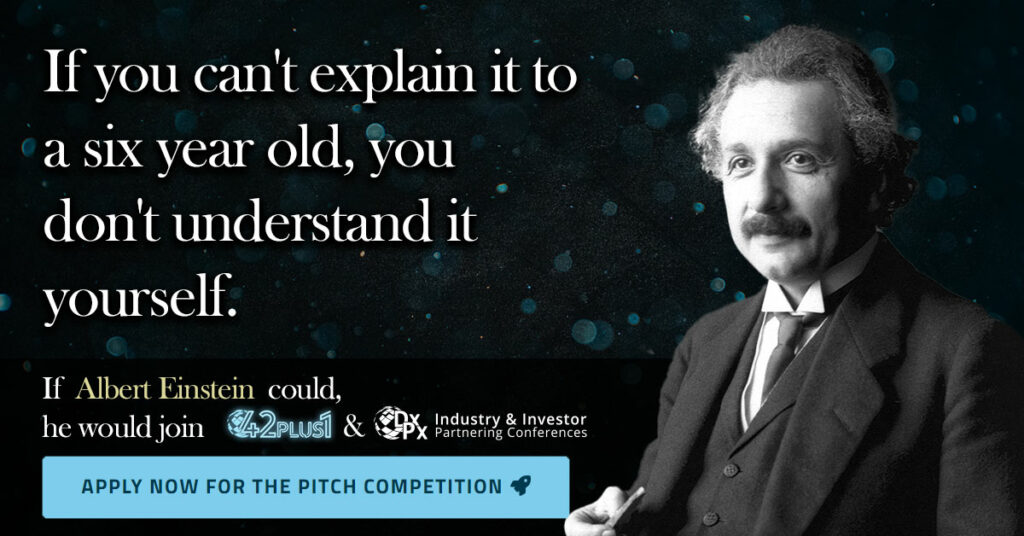

Louis Pasteur
December 27, 1822 – September 28, 1895.
Louis Pasteur was renowned for his pioneering work in microbiology, including the development of pasteurization and vaccines for diseases such as rabies and anthrax. His research significantly advanced the understanding of microbial pathogens and their role in disease. Pasteur’s work laid the foundation for modern hygiene and public health practices, greatly influencing the development of the healthcare system. His contributions helped to reduce the incidence of infectious diseases and improve overall health standards.
Nikola Tesla
July 10, 1856 – January 7, 1943.
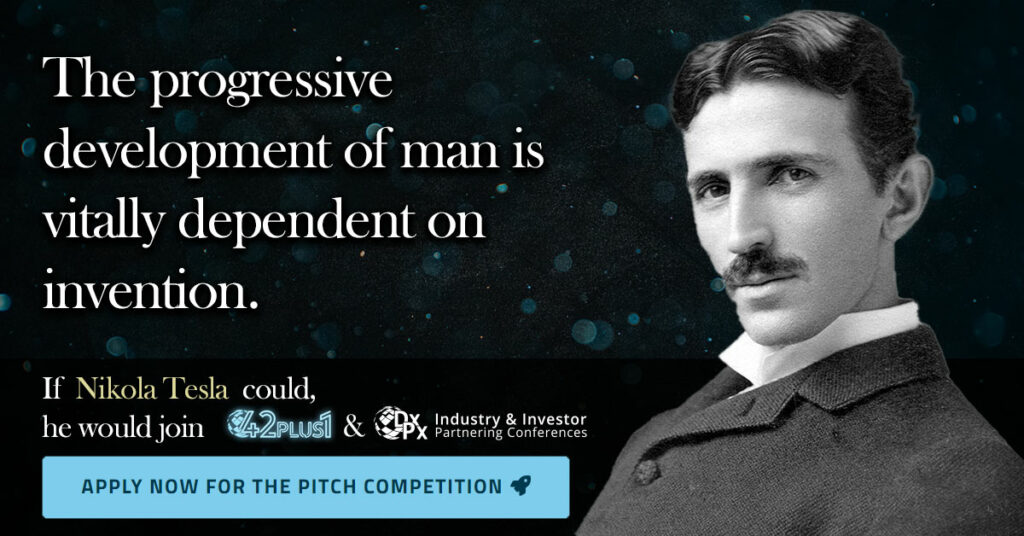
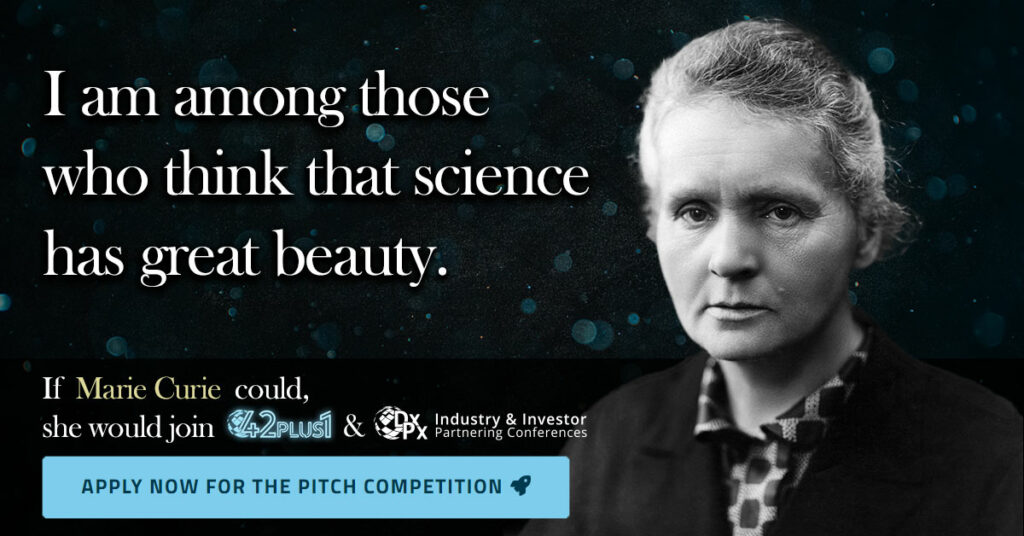
Marie Courie
November 7, 1867 – July 4, 1934.
Thomas A. Edison
February 11, 1847 – October 18, 1931.
Thomas A. Edison was a prolific inventor and entrepreneur known for his development of the electric light bulb, phonograph, and motion pictures. His innovations in electrical lighting and power distribution greatly impacted modern life and infrastructure. Although he did not directly focus on healthcare, his inventions facilitated advancements in medical technology, such as X-ray machines and electrotherapy devices. Edison’s contributions have had a lasting influence on both technology and various scientific fields.
